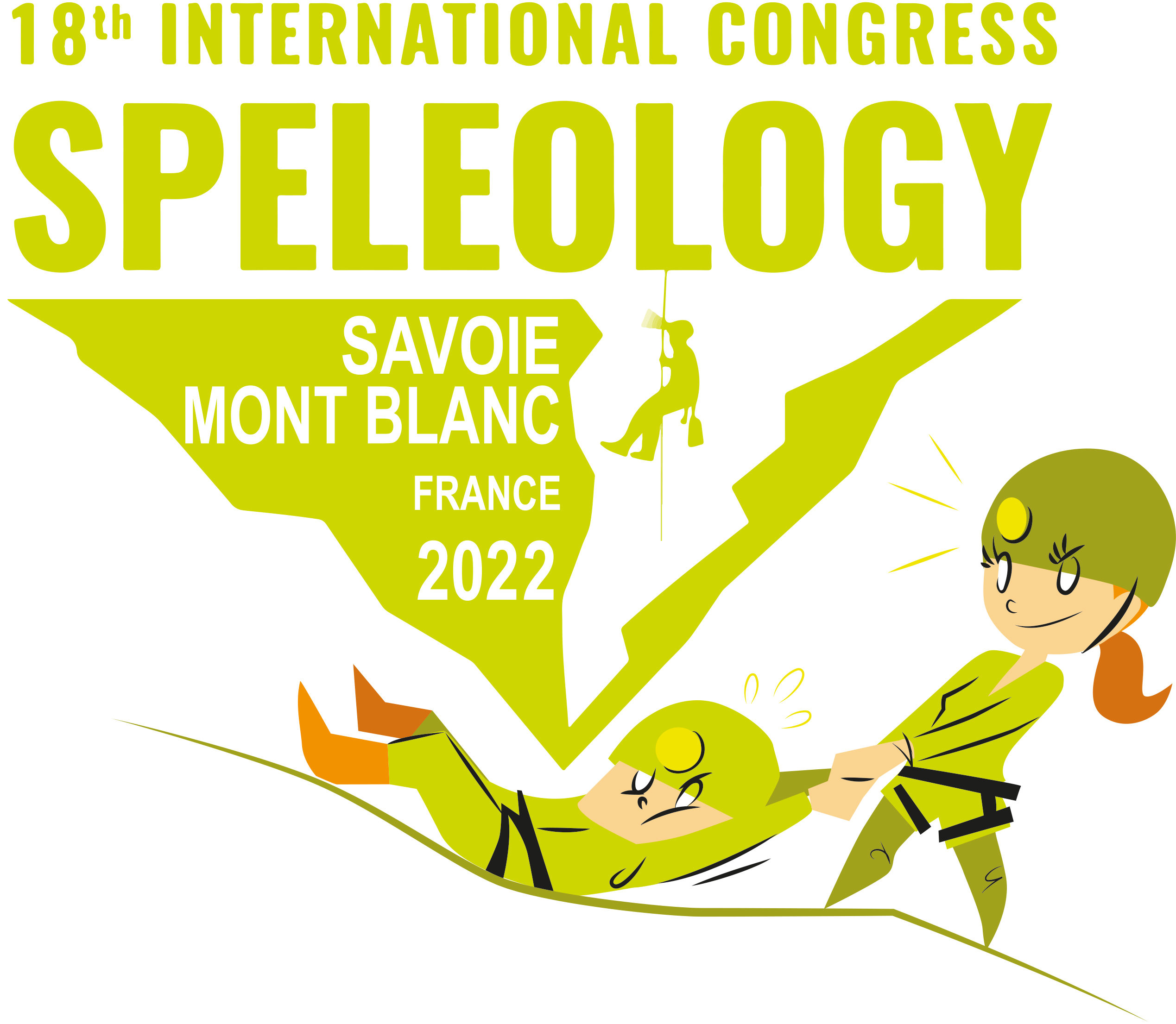Explorations spéléologiques et expéditions
Caving and explorations
Direction :
Joerg Dreybrodt (CH) & Florence Guillot (FR)
Editorial board :
Joerg Dreybrodt (chief) (CH), Florence Guillot (chief) (FR), Jean-Pierre Bartholeyns (BE), Florian Hof (CH), Gérald Favre (CH), Arnauld Malard (FR/CH), Xavier Robert (FR),
Matt Covington (US), Olivier Testa (FR), Daniel Ballesteros (ES), Michael Laumanns (DE),
Alan Warild (AU).
Contact : flo.guillot@gmail.com
Call for communications
Sport and science are intimately linked in the history of caving. Explorations and expeditions therefore play a vital role in the advancement of speleological and karstological knowledge at the scale of countries, continents and the planet.
Speleology confronts today with the development of leisure. Furthermore, the pursuit of prospecting and exploration in western countries comes up against the strong decrease of new areas to be explored and the need to focus on the pursuit of explorations and junctions, in particular by re-mapping the caves.
Currently, major explorations are taking place far or very deep underground (eg. Shuanghe, Guizhou-China and Voronya, Georgia). Remote expeditions, such as in Chilean Patagonia, favor the logistical approach and geographic discovery at the expense of depth and topography mileage. Therefore this symposium has the opportunity to take stock of the progress and current state of caving exploration in the 21st century.
Evolution and diversity of motivations, history of explorations, recent results, georeferencing, GIS, new topographic technics, lightening of ropes, diving, clearing obstructions, caving in high moutain, in equatorial, semi-arid, subpolar zones, marine caving, but also logistics, funding, group life in difficult conditions, various difficulties, perspectives, as many subjects to develop in communications.
Appel à communications :
Sport et science sont intimement liés dans l’histoire de la spéléologie. Les explorations et les expéditions jouent donc un rôle capital dans les progrès des connaissances spéléologiques et karstologiques à l’échelle des pays, des continents et de la planète.
La spéléologie se heurte aujourd’hui au développement des loisirs ; en outre la poursuite des prospections et explorations dans les pays occidentaux se heurtent aussi à la très forte diminution des zones nouvelles à explorer et à la nécessité de se concentrer sur la poursuite des explorations et jonctions, notamment en retopographiant les cavités.
Actuellement les grandes explorations ont lieu soit loin sous terre (ex : Shuanghe, Guizhou-Chine), soit à très grande profondeur (ex : Voronya dans le Caucase). Les expéditions lointaines, comme en Patagonie chilienne, privilégient l’approche logistique et la découverte géographique aux dépens de la profondeur et du développement topographié. Ce symposium a donc l’opportunité de faire le point sur les progrès et l’état actuel de l’exploration spéléologique au XXIèmeS.
Evolution et diversité des motivations, historique des explorations, résultats récents, géoréférencement, SIG, nouvelles techniques topographiques, allègement des cordes, plongée, désobstructions, spéléologie de haute montagne, en zone équatoriale, semi-désertique, subpolaire, spéléo marine, mais aussi logistique, financement, vie de groupe en conditions difficiles, difficultés diverses, perspectives, autant de points à développer dans les communications.
